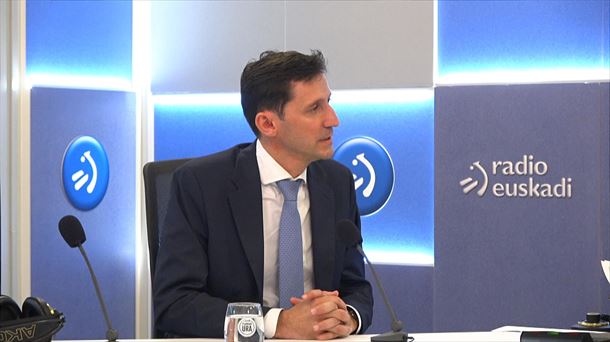Providing people with internet access even in the most remote places in the world – that is what Elon Musk has set himself as the goal with his Starlink satellite service. But what happens when people who are largely isolated from the outside world are suddenly hit with the full force of the World Wide Web? An indigenous population in Brazil sheds light on this.
On August 10, 1990, the Internet was officially born in Austria: the University of Vienna was the first domestic hub connected to the global Internet with a permanent connection. However, with a speed of 64 kbit/s, the ‘surfing fun’ was limited, mainly because there was still a lack of content. So it wasn’t until the mid/late 1990s that the World Wide Web gradually found its way into Austrian households.
However, many of the services we take for granted and use regularly today have only gradually moved online: Google launched its search in late 1997, Facebook its social network in 2004, YouTube its video portal the following year. Twitter (recently called) This is not the case with the Marubo.
Source: Krone
I am Wallace Jones, an experienced journalist. I specialize in writing for the world section of Today Times Live. With over a decade of experience, I have developed an eye for detail when it comes to reporting on local and global stories. My passion lies in uncovering the truth through my investigative skills and creating thought-provoking content that resonates with readers worldwide.



